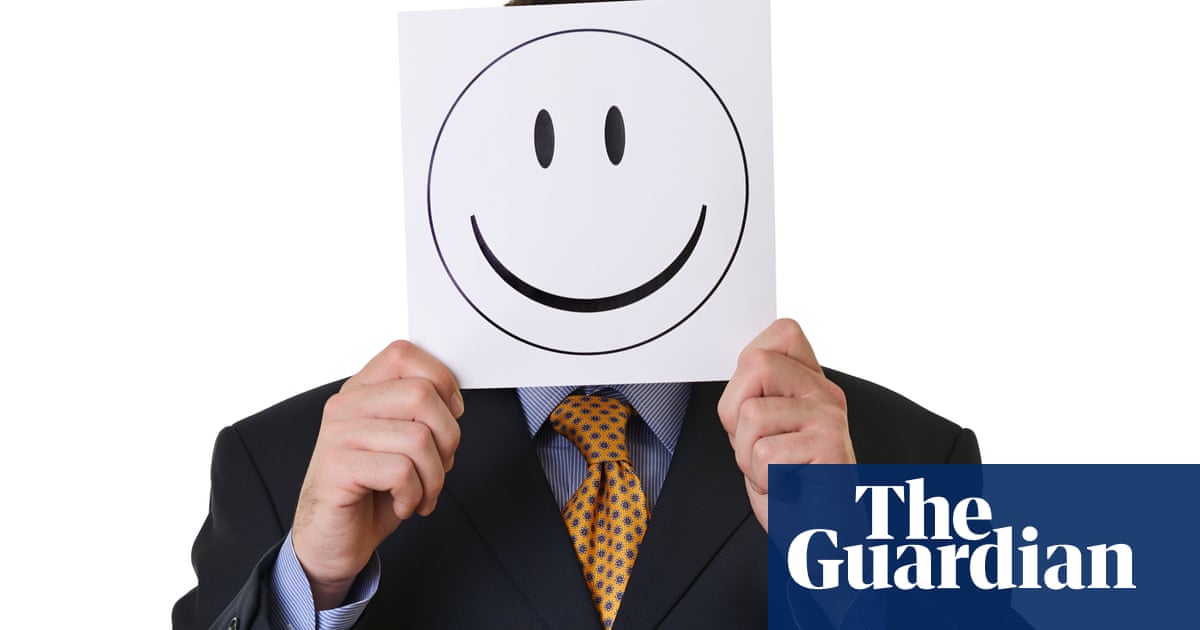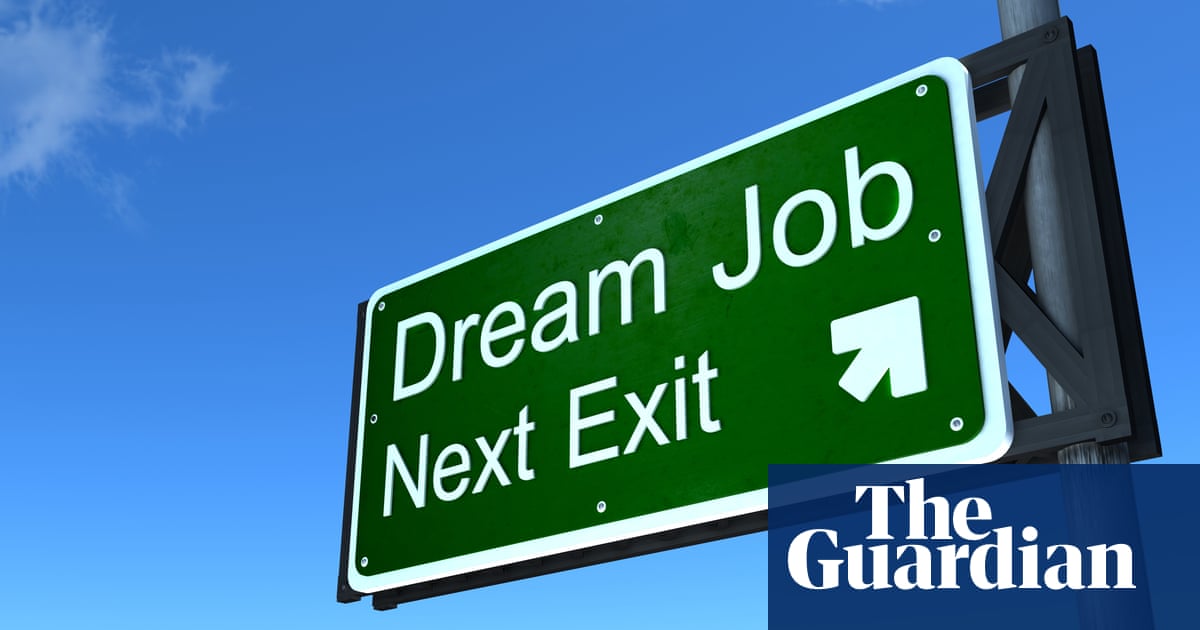
Name: Smiling.
Age: Dates back 30m years to the “fear grin” displayed by our ape ancestors.
Appearance: A frown turned upside down.
I’ll leave my frown right where it is, thank you. Go on: give us a smile.
What is there to smile about? This country’s going to hell, and I just paid three quid for a tomato. Tomatoes are expensive – a smile, on the other hand, costs nothing.
That’s because a smile is worth nothing. You couldn’t be more wrong – smiling makes you seem confident, cooperative and friendly.
But I am none of those things. Consequently, it also makes you more hireable.
Are you kidding? Who’s gonna give a job to a grinning idiot? Past research did seem to indicate that a serious or neutral expression in an applicant was deemed more professional, but it turns out smiling is better.
Says who? The authors of a new study presented at the annual conference of the American Association for the Advancement of Science.
How would you even go about conducting a study of smiling while job-seeking? Scientists created fake LinkedIn profiles for prospective employees.
My LinkedIn profile is largely fake, and it hasn’t helped me. Then study participants graded the imaginary applicants for employability on a scale of one to seven. The smilers scored an average of 5.11; the neutrals only got 4.99.
But why? Among other things, a smile helps you stand out. “First impressions are very important,” said the study’s leader, Sabrina Chan, “and research shows people have stronger memories for happy faces.”
Will a fake smile work? It might well. A genuine or “felt” smile – sometimes called a Duchenne smile, after the 19th-century French neurologist who experimented with facial expressions by attaching electrodes to the freshly severed heads of revolutionaries – was thought to be impossible to fake. But that isn’t true.
Sorry, you lost me at freshly severed heads. The muscle contractions of a Duchenne smile produce crinkles around the eyes – an alleged mark of authenticity – but apparently about 70% of the population can also fake the eye thing.
So, most of the time, smiling equals lying. Not necessarily. There are 19 types of smile, and only six have anything to do with being happy.
What are some of the others? The smile of malicious joy; the smile of thinly concealed contempt; the smile of qualifying bad news; the smiles of embarrassment, misery and incredulity.
I can do all those. You’re hired.
Do say: “Cheer up, it might never happen.”
Don’t say: “My smile is genuine, unlike my degree in engineering.”












